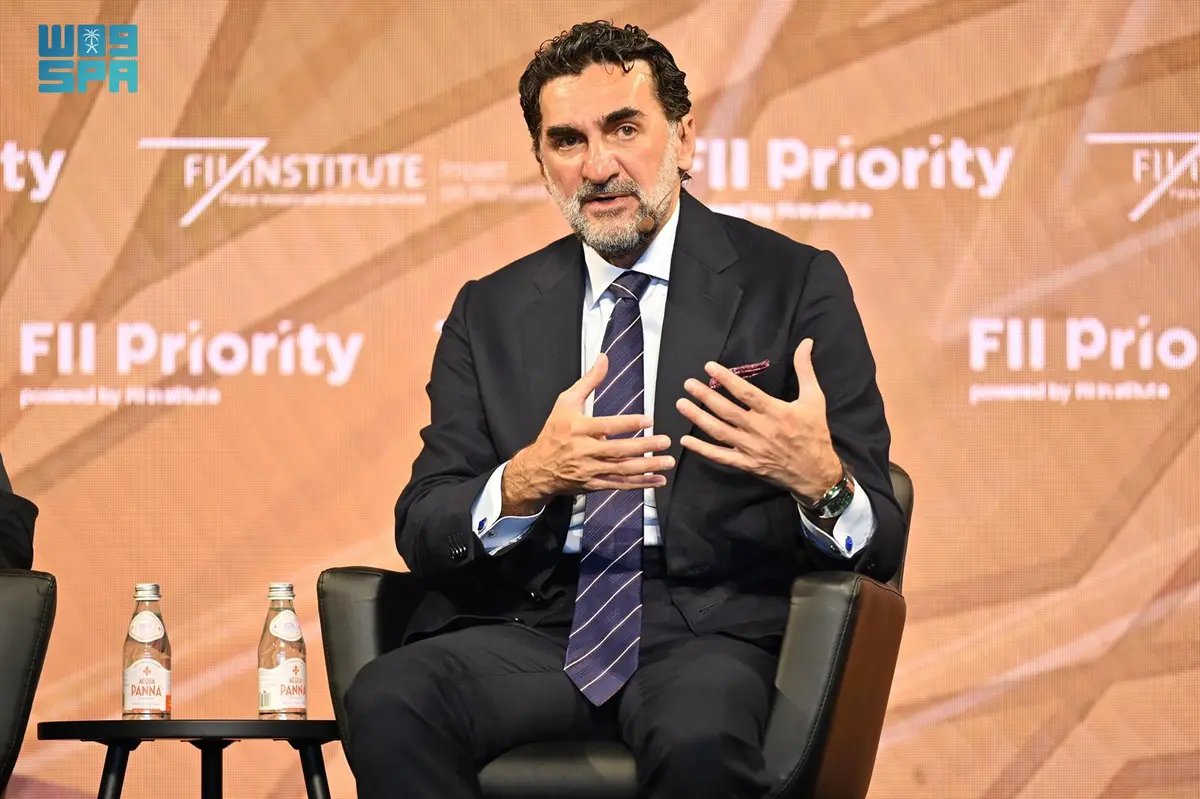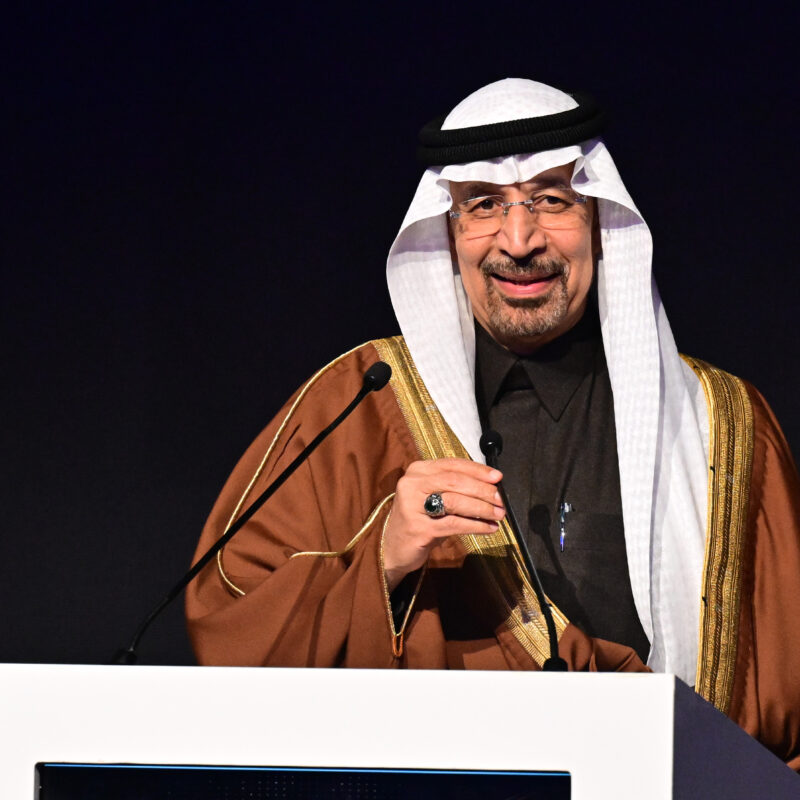
Miami’s FII summit debates risks amid investor zeal for AI tech
PIF's Al-Rumayyan pitches Saudi Arabia as energy-rich AI hub, says sovereign wealth fund will start investing $70 billion a year
In a week that saw Nvidia’s shares rise to dizzying heights, pumping up stock markets around the world, it didn’t take long for the subject of artificial intelligence to anchor itself in the center of debate at Saudi Arabia’s Miami investor conference.
Yasir Al-Rumayyan, Governor of the Public Investment Fund, which sponsored the Future Investment Initiative’s two-day Priority Summit, tackled the subject in Thursday’s lead-off session, pitching the kingdom as a natural hub for developing AI technology.It took 14 minutes into the opening of Saudi Arabia’s Miami Beach investor conference for the enthusiasm around artificial intelligence to anchor itself at the center of debate.
Al-Rumayyan also said that in 2025, the PIF plans to start increasing its annual investments by as much as 75% to about $70 billion. The Riyadh-based sovereign wealth fund currently has more than $700 billion under management and projects growing to between $2 trillion and $3 trillion by 2030.
“AI would consume a lot of energy, and we are the global leader when it comes to fossil fuel energy and when it comes to renewable energy,” said Al-Rumayyan, who is also Chairman of Saudi Aramco, the world’s largest oil company. “So I think we are very well positioned to be an AI hub.” He noted that the kingdom has the “political will” and wealth to build the energy-intensive data centers critical to expanding use of AI. (Click here for the live feed.)
The question of how to manage the dizzying growth of AI technologies was a natural for participants in the conference, a spin-off of the FII’s central annual event in Riyadh known as “Davos in the Desert,” which attracts some of the world’s most prominent investors. Many were avidly tracking Nvidia on their mobile phones after the Silicon Valley semiconductor giant’s shares surged more than 16% following a glowing earnings forecast for its AI chips.
Blackstone Group CEO Steve Schwarzman, who followed Al-Rumayyan to the stage, flagged the risks presented to society, the economy and the labor market by AI.
“The people that I know who are on the cutting edge… are really cautious about this technology,” he said in the conference’s first panel discussion at Miami’s Faena Hotel & Forum.
“In other words, they love it. It can do marvelous things. But unlike most of the business community, they are not against regulation. In fact, they’re pretty enthusiastic about regulation, because they see the downside. And they want those downsides to be addressed,” Schwarzman said.
Jenny Johnson, CEO of Franklin Templeton, an investment firm with $1.5 trillion in assets under management, reminded Schwarzman that AI’s downsides have been clear to Hollywood fans of Arnold Schwarzenegger’s avenging cyborg for decades.
“If you watch the movie “The Terminator,” it kind of scares you, but on the other hand, if we don’t create environments where the good folks are learning how to use AI, the bad guys become the experts on it,” Johnson said. “And so you have to… allow for innovation to happen.”
Scheduled for Friday at the Miami summit were Palantir CEO Alex Karp, Carlyle’s David Rubenstein, 26North’s Josh Harris, General Atlantic’s Anton Levy, J. Paul Getty Trust’s Katherine Fleming and Imagine Entertainment’s Brian Grazer. A talk by actress and Goop wellness guru Gwyneth Paltrow closes the conference.


